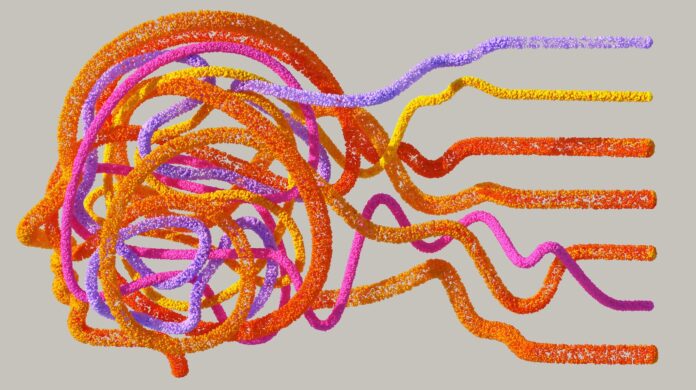As an expert, I’ve often been asked the question: “Is Verizon unlimited data really unlimited?” It’s a valid concern considering how crucial reliable and unrestricted data access is in today’s fast-paced world. So, let’s dive into this topic and uncover the truth behind Verizon’s claim of offering unlimited data.
Verizon does indeed offer an unlimited data plan, but it’s important to understand that there are certain factors at play that may affect your experience. While Verizon advertises their plan as “unlimited,” there are actually some limits imposed on heavy data users. After reaching a certain threshold, typically around 22 gigabytes per month, your connection speed may be temporarily reduced during times of network congestion.
Although this reduction in speed may be a deterrent for some users who heavily rely on consistent high-speed internet access, it’s worth noting that for most everyday usage scenarios, Verizon’s unlimited data plan will provide more than enough bandwidth. Whether you’re streaming videos, browsing social media, or checking emails, you’ll likely have a seamless experience without hitting any limitations.
In conclusion, while Verizon offers an unlimited data plan, it does come with some caveats to ensure fair usage among all customers. Understanding these limitations and assessing your own internet needs will help determine if Verizon’s “unlimited” plan aligns with your requirements. Rest assured though – for the majority of users’ typical daily activities – Verizon’s unlimited data plan delivers on its promise of providing ample connectivity without breaking the bank.
Is Verizon Unlimited Data Really Unlimited
When it comes to the term “unlimited data” in the context of Verizon, it’s important to understand what exactly this means. While the phrase itself may suggest boundless access to data without any restrictions or limitations, the reality is a bit more nuanced. Let’s delve into what Verizon means when they offer “unlimited data.”
- No Hard Data Caps: One key aspect of Verizon’s unlimited data plans is that they do not impose hard limits on your usage. Unlike plans with specific monthly allowances, where you may face additional charges or slowed speeds after reaching your limit, Verizon’s unlimited plans allow you to consume data without worrying about hitting a predetermined cap.
- Network Management: However, it’s important to note that while there are no hard caps, Verizon does implement network management practices for its unlimited customers. This means that during times of network congestion, heavy users may experience reduced speeds temporarily until the congestion eases.
- Prioritization: Additionally, Verizon employs prioritization policies on their unlimited plans. This means that if you’re using an excessive amount of data and the network becomes congested in your area, other customers who have used less data may be given priority for faster speeds.
- Video Streaming Quality: Another factor to consider is video streaming quality. Depending on the plan you choose, there might be restrictions on video resolution when streaming over cellular networks. For example, some plans limit video streaming quality to standard definition (480p), unless you opt for a premium plan that includes high-definition (HD) streaming.

Verizon’s throttling policy is an important aspect to consider when evaluating the claim of unlimited data. While Verizon offers unlimited data plans, it’s crucial to understand that there are certain limitations imposed on users. Let’s delve into Verizon’s throttling policy and shed some light on what it entails.
Throttling refers to the practice of slowing down internet speeds for users who have exceeded a certain threshold of data usage within a given billing cycle. In Verizon’s case, this threshold is known as their “deprioritization limit.” Once a user surpasses this limit, their data speed may be temporarily reduced during times of network congestion.
It is worth noting that Verizon does not explicitly specify the exact deprioritization limit in their terms and conditions. However, based on customer experiences and reports, it appears that heavy data users who exceed around 22 gigabytes per month might experience some level of throttling.
During periods of network congestion, prioritization is given to customers who haven’t reached their deprioritization limit yet. This means that if you’ve used more than your fair share of data for the month and find yourself in a congested area, your connection may be slower compared to others who haven’t hit their limits.
While this can be frustrating for users seeking uninterrupted high-speed connectivity throughout the month, it’s important to note that throttling only occurs under specific circumstances – namely when network congestion is present. In other words, if you’re using data during non-congested times or in areas with ample bandwidth availability, you’re less likely to experience any noticeable slowdowns.
To summarize, while Verizon advertises unlimited data plans, they do have a throttling policy in place once users surpass a certain amount of usage within a billing cycle. Throttling occurs during periods of network congestion and may result in temporary reductions in internet speeds for heavy data users who have exceeded the deprioritization limit. Understanding Verizon’s throttling policy is crucial in evaluating the true extent of their unlimited data offering.


